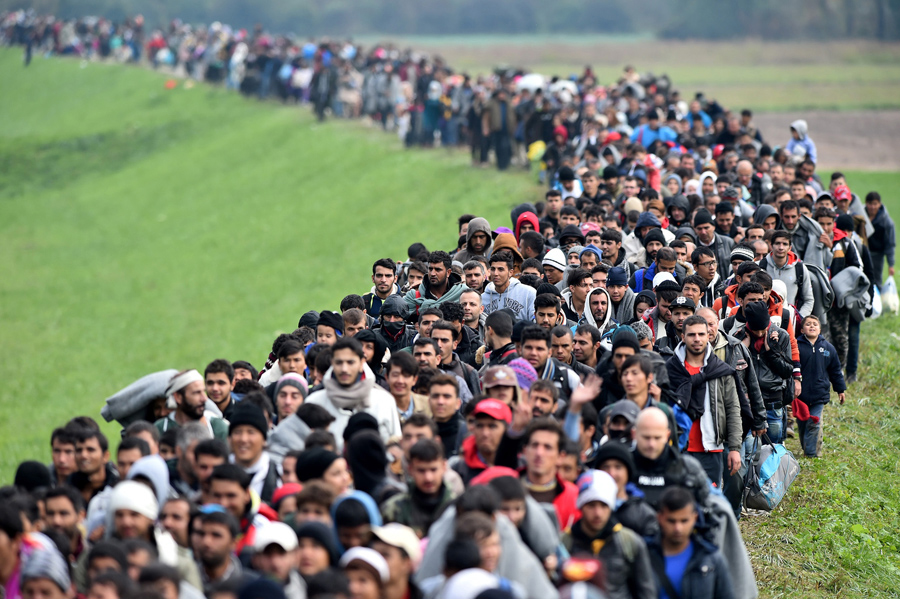LONDON – Four Balkan nations shut down on Wednesday the route that more than one million migrants have used to pass through southeastern Europe. Slovenia, Serbia, Croatia and Macedonia effectively closed their borders to new migrants a day after the European Union announced a deal with Turkey to prevent new undocumented people from coming to Europe.
The EU-Turkey agreement has not been completed and further talks are scheduled for next week, but Slovenia and Serbia announced new restrictions on the entry of new migrants just within hours of the announcement from Brussels.

Slovenia was the first to say it was about to close its borders as Interior Minister Vesna Gyorkos Znidar announced the move on Tuesday evening. Serbia’s Interior Ministry said in a statement on Wednesday that the country would no longer “allow itself to become a collective center for refugees”.
Prime Minister Tihomir Oreskovic of Croatia affirmed at a press release on Wednesday that new illegal migrants would not be able to pass along the route. He said he believed that the deal with Turkey had discouraged migrants to head to Europe and attributed the crisis to traffickers whose business model consists of entrapping migrants into the rash promise of finding hope by risking their lives and money while taking dangerous journeys across the Aegean Sea.
Balkan countries’ decision of closing its borders does not affect regular documented visitors such as tourists or business travelers. It is aimed at stopping illegal migrants from passing through the four nations to seek asylum elsewhere in Europe. A reduced number of undocumented people have applied for asylum in Slovenia, Serbia, Croatia and Macedonia.
Current situation in the Balkan countries
About 460 out of the nearly 478,000 migrants who have entered Slovenia since October have applied for asylum in the country. The rest traveled northward with the hope of reaching Germany and Sweden, among other nations known for being friendlier to migrants who seek asylum.
In Slavonski Brod, Croatia, 408 migrants are stuck in a camp and Interior Minister Vlaho Orepic said on Wednesday that the government was defining the terms of their return to Greece. He gave no further details.
There are around 1,500 migrants in Macedonia and 2,000 in Serbia, according to U.N. officials. In the north, 437 of those in Macedonia were stranded. They could not enter Serbia but did not want to be sent back to the poor conditions of the reception center located in the northern village of Tabanovce, where an estimated of 1,000 were stuck.
These countries took action backed by the European Union, which is trying to restore the process of asylum seeking and also to restore Schengen area’s integrity. The passport-free travel zone is constituted by 26 nations and is one of the most tangible achievements of the bloc.
Source: New York Times
